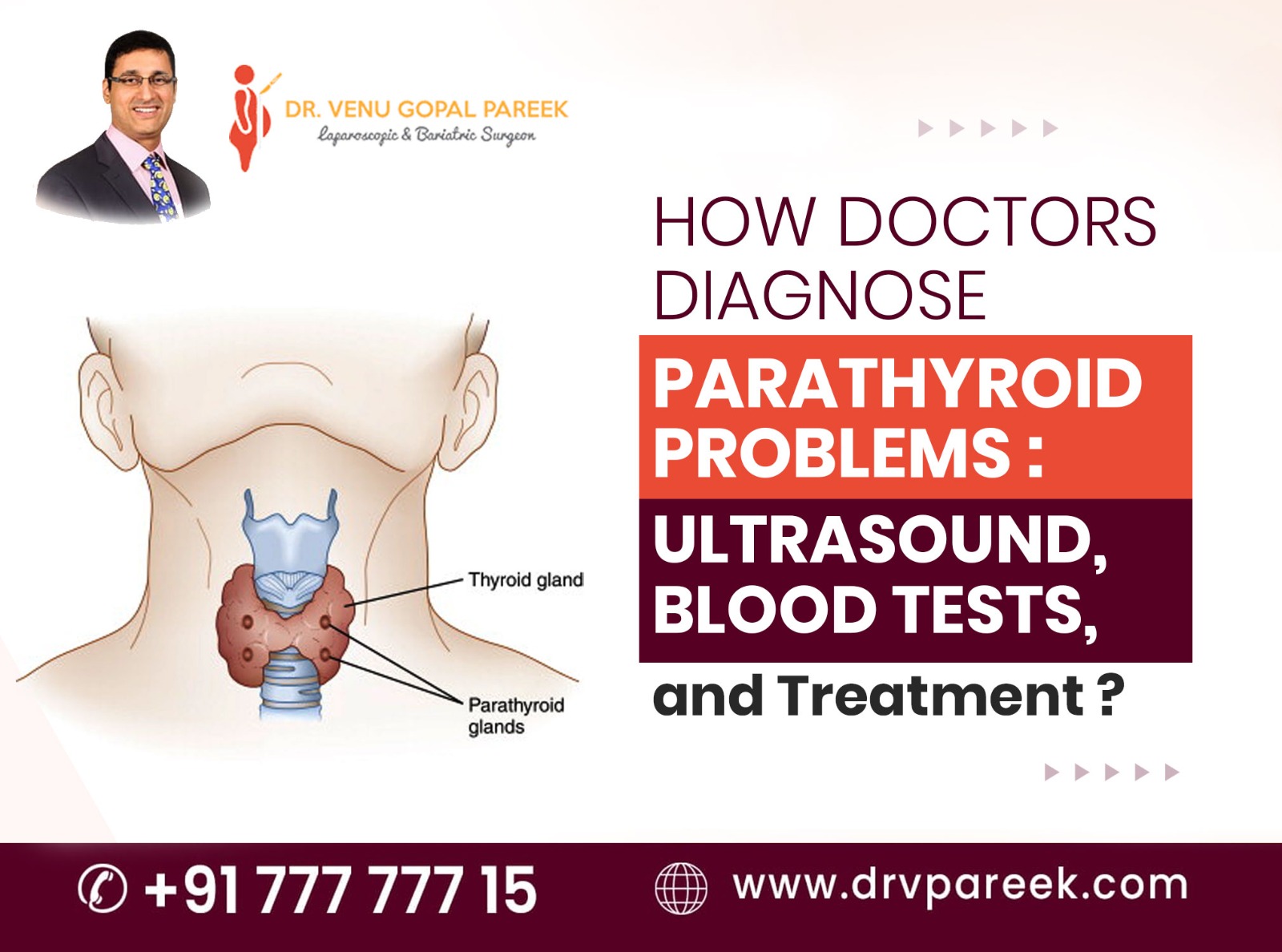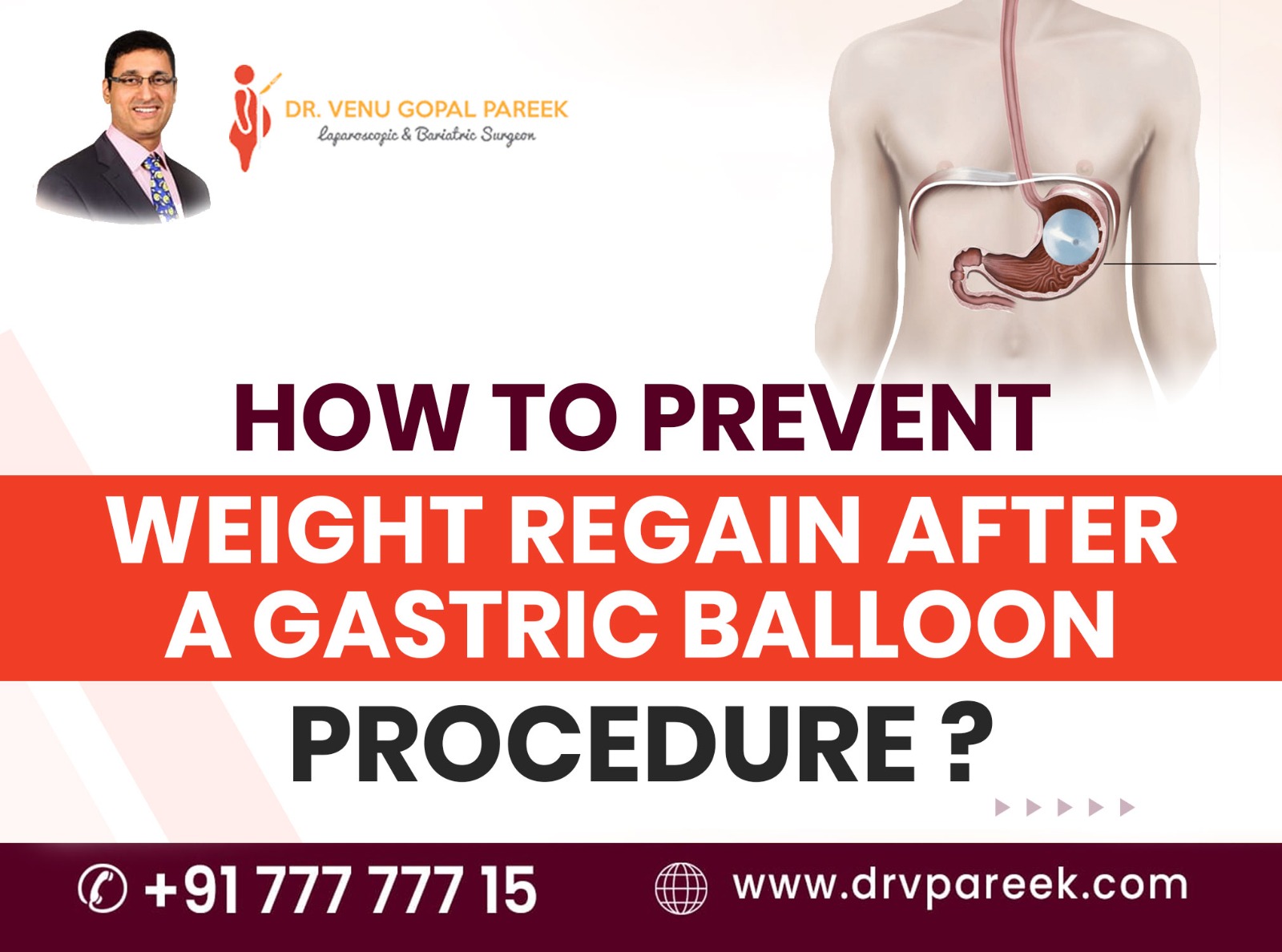
Can Elderly Patients Safely Undergo Hernia Surgery?
We start experiencing many changes in our bodies as we get older, which might affect our health and quality of life. Maintaining muscle and bone strength is crucial throughout our lives, especially as we age, so that we can prevent many health conditions, such as hernias. Hernias are one of the common health issues, especially in older people, because as we age, our muscles tend to weaken.
Hernia—it is defined as an organ or fatty tissue (inside contents) that protrudes or bulges out and pushes through a weak muscle wall or connective tissue, which should hold the parts in place. The primary solution for a hernia problem is surgery. However, when it comes to elderly people, the decision about hernia repair surgery looks complex because many factors need to be considered.
This blog gives you an overview of hernia repair surgery in elderly people, which includes benefits and risks, so that you can discuss it with your surgeon and make a good decision depending on your individual needs and goals.
Types of hernias found in the elderly
In older adults, the common types of hernias observed are inguinal hernias; they occur in the groin area, especially in people above 70 years. The condition may become even worse due to constipation and respiratory conditions. In such cases, surgery is necessary to prevent complications.
Femoral hernias are rarely seen in elderly people, and they appear in the lower groin.
Other possible types of hernias seen in elderly people include incisional hernias, which develop near the previous surgical incisions, especially around the abdominal area, and hiatal hernias, where the upper stomach is forced into the chest.
Early diagnosis and treatment are very crucial to prevent complications.
What are the risk factors?
Major surgical procedures like hernia repair in elderly patients might be risky because aging brings many medical problems, reducing strength, etc., which makes them less likely to undergo surgery. Sometimes, the complication might outweigh the benefits, which is why doctors suggest monitoring the progression of the hernia.
Generally, hernia repair surgery is a safe and effective treatment option, but in the case of older patients, it may result in complications:
Postoperative delirium—older people are more at risk of this condition, and it occurs after surgery. It leads to memory problems like confusion, trouble focusing, disorientation, and a decreased sense of awareness.
Infection—due to weak immune systems in the elderly, they are at higher risk of getting infected near the surgical site or in the urinary tract.
Seromas and haematomas—seromas are fluid-filled sacs, and hematomas are blood-filled sacs that can form near the surgical site. Older people are at high risk of forming these sacs. However, they resolve on their own with normal treatment.
Hernia recurrence—the recurrence rate of hernia following surgery is high due to weak muscle strength in the elderly. However, with proper care, post-surgery recurrence rates will be reduced.
Postoperative pain—older adults can experience persistent postsurgical pain near the surgery site. It may occur when there is any nerve damage or due to the placement of surgical mesh. However, medication can help with pain.
Complications of anesthesia—anesthesia can lead to problems like confusion, pneumonia, stroke, or heart problems in older adults because their bodies may be more sensitive to anesthesia.
Complications of mesh—placing surgical mesh to strengthen the area is more common in older people during hernia repair. It can lead to problems like migration, contraction, or allergic reactions.
A challenging recovery—chronic health conditions such as heart problems, lung diseases, or diabetes in older people might make the surgical process hard and, moreover, the recovery also hard.
Some other risk factors from hernia surgery in elderly people include urinary tract infections, pneumonia, and blood clots.
However, hernias are progressive; they can be monitored and managed with medication for a certain period. Eventually, they will become larger and harder to operate. If you are old and have a hernia problem, discuss it with an experienced surgeon to make an informed decision.
Hernia symptoms in the elderly
Hernias in the elderly frequently develop as a noticeable protrusion in the stomach or groin area, which may lead to discomfort or pain. Additionally, it may cause constipation, heartburn or acid reflux, bloody stools, and intermittent nausea or vomiting, notably when straining or after eating.
A combination of factors like age-related changes, lower muscular reserves, and higher sensitivity to strong medication can make these symptoms worse and also make conservative treatment more difficult.
Although proper lifestyle changes and first therapies may provide some alleviation, surgery to fix a hernia is usually the most dependable solution in the long run. The new surgical methods are aimed at reducing the risk of side effects and enabling a safe recovery in elderly people.
Surgical Methods
Open hernia repairs are the old and traditional way. Laparoscopic hernia repair methods outperformed the open procedures with their exceptional benefits. In recent years, robotic-assisted hernia repair has become very popular, as it is effective in handling complicated hernia repairs even in older patients.
Laparoscopic and robotic-assisted surgeries are minimally invasive procedures and are highly preferred for their benefits, like safety, effectiveness, fewer post-surgical complications, a lower risk of recurrence, and quicker recovery—an ideal choice for older patients.
By now, we hope you have a better understanding of the complexities related to hernia repair in elderly patients. For more detailed information or to assess your hernia condition, consult Dr. Venugopal Pareek, one of the best hernia surgeons in Hyderabad. Call +91 91777 77715 to book your appointment.







